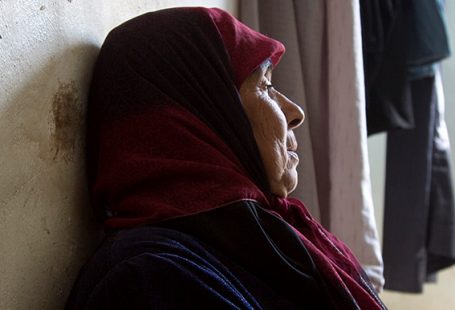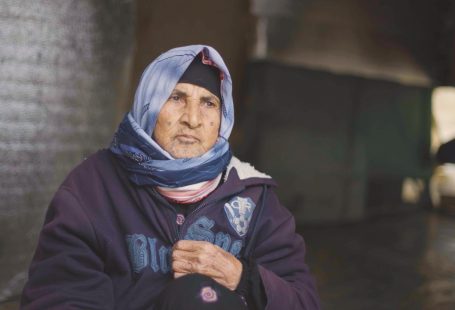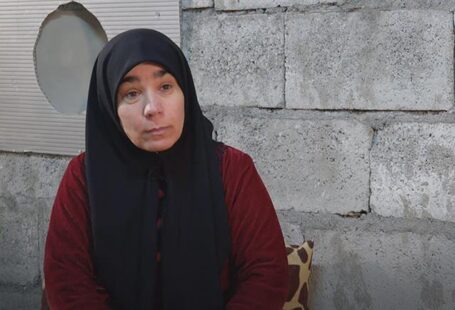This piece is written by UNHCR’s Islamic Philanthropy Officer, Mehdi Zidani.
This April, I had the privilege to embark on a field visit to Chad. Our goal was to witness firsthand the urgent needs and garner more support for a situation that has been regrettably overlooked. We visited temporary settlements and several refugee camps in the eastern part of the country.
Due to its central location near countries plagued by displacement crises, Chad has become a sanctuary for people fleeing persecution and war. More than 1.3 million refugees from Nigeria, Cameroon, Central Africa, and Sudan have found a haven in Chad. This is particularly evident in the continuous and daily influx of Sudanese refugees into the eastern region. I was stunned to see that the border between Sudan and Chad remains completely open; people can cross freely, a testament to Chad’s incredible generosity despite facing significant internal challenges of its own. Ranked 189 out of 192 countries in the Human Development Index, Chad’s situation is dire, yet its people and government remain committed to protecting those they consider their brothers and sisters.
When we inquired about the primary needs of the Sudanese refugees, the overwhelming response from refugees, government officials, and local and international NGOs was that everything is needed: food, shelter, water and hygiene, education, and the urgent necessity to relocate refugees from temporary settlements to proper camps before the rainy season begins, which would make transportation nearly impossible.
NGOs and the Chadian government also noted that while Sudanese refugees initially fled due to persecution, they are now escaping starvation. Despite these hardships, many Sudanese refugees, including those highly educated, are doing their best to support each other within the camps. They are helping their youth pursue education with the hope that one day, they can return home and contribute to their country.
As we prepared for our departure from Chad, I was plagued by the question of how I, as an individual, could make an impact in a crisis of this magnitude. When glancing at statistics, it’s not easy to imagine the faces behind these numbers. The truth is, I was reminded that each one is a unique story of struggle, resilience, and courage in the face of displacement.
We may feel that our donations result in very little impact in light of these rising numbers, but the fact is through collective generosity and compassion, we have the power to make a tangible difference in the lives of Sudanese refugees in Chad, by offering them hope and security in times of uncertainty. With over 80% of Sudanese refugees in Chad being women and children in dire need of every basic essential, your Zakat can provide crucial support. Donate now to make an impact.











Social Profiles